The ‘El Hakawati” National Theatre officially opened its doors to the world by the “El Hakawati” troop in May 9th, 1984 as the first Palestinian specialized cultural center and theatre. One year later, the theatre’s administration was handed to an independent Board of Trustees that included a number of authors, artists, poets, and Palestinian figures that are active on community and national levels.
The National Theatre, “El Hakawati”, made it its mission to be the theatre that acts as a cultural and artistic platform that provides the grounds to develop strategies and activities that upscale the theatrical and artistic works on the national level. The activities of the theatre evolved to become not only preservers of the Palestinian cultural heritage, but also a method to implant this civilizational record in the heart of the Palestinian society, add further achievements to it, and look for unprecedented ideas and constructive guidance to allow more room for Palestinian artists for experimentation and innovation.
The genuine cohesion between the National Theatre and its audience around Palestine, and the strong and honest will that empowered the workers of the theatre, whether artists, or artistic troops, have always been stronger than all of the hard times that Jerusalem went through, and still goes through until this day. This cohesion performed as the foundation that strengthened and developed the theatre’s programmes and activities, and displayed the theatre as a scope that enabled the Palestinian artistic innovations, and developed original cultural productions. This is best portrayed in the daily activities of the theatre, as it daily hosts either a training for an artistic production, or a show for an artistic activity, a cultural seminar, a community meeting, or a show for a cinematic film, in addition to children’s activities and programmes to compensate children for their basic lost rights, such as their right to learn, innovate, grow personal skills, and express inner feelings.
Goals
The National Theatre, ever since its establishment, put the aim of supporting and developing the Palestinian arts in general, and the theatre in particular, before all aims. In order to achieve this mission, the Theatre’s efforts were directed towards a number of particular goals that were developed by the field experiences, such as:
- Empower the Palestinian artists and Palestinian artistic institutions by supporting the cultural works of the theatre.
- Provide training opportunities and teaching resources that aim at developing the potential of the junior Palestinian artists to help them explore their skills and innovation.
- Support the artistic and cultural activities that foster the feeling of belonging to the Palestinian legacy by directing those activities to reach all Palestinian social groups.
- Provide the Palestinian society with the chance to watch different types of arts and cultural activities to create a social supportive base for such activities.
- Contribute in strategy-making to plan for an upscale in the fields of Palestinian arts and culture.
In order for the National Theatre to achieve the previous goals, it produced tens of artistic works that left an unprecedented print in the cultural and theatrical life in Palestine. It, moreover, provided the needed support to the artists and artistic groups to produce different theatrical works, organized many training programmes and workshops, presented a variety of awareness sessions, and organized and presented tens of artistic exhibitions and festivals, whether theatrical, cinematic, or musical.
It is worth mentioning that the halls of the theatre host hundreds of activities, seminars, and community workshops of political, artistic, social, and intellectual orientation. The Theatre, due to its wide network of relations, managed to open the gates wide for the Palestinian artists to train outside of the country, and attend seminars and workshops, in addition to being in touch with international artists and artistic troops.
In order to break the siege on the city of Jerusalem, and to overcome the hardship of arriving to the Theatre from outside the city of Jerusalem, and to maintain the cohesion between the Theatre and its Palestinian audience from all around Palestine, the Theatre initiated the idea of the “Mobile Theatre”, which was the theatre’s means to pass hundreds of artistic activities to the Palestinian audience everywhere with the help of tens of cultural and artistic institutions around Palestine.
